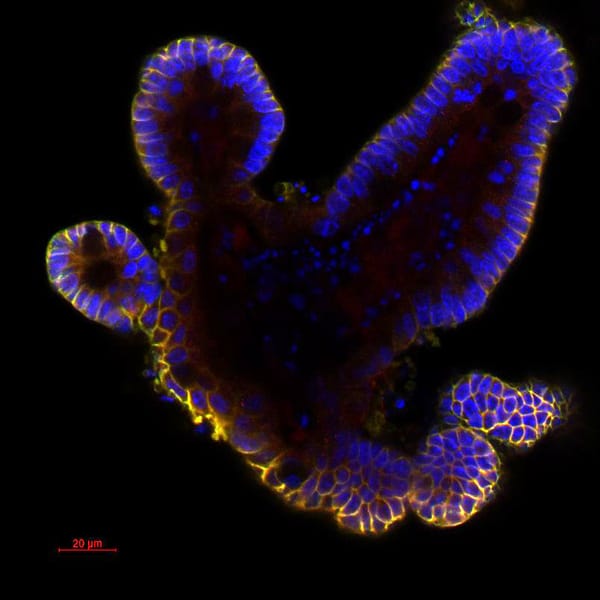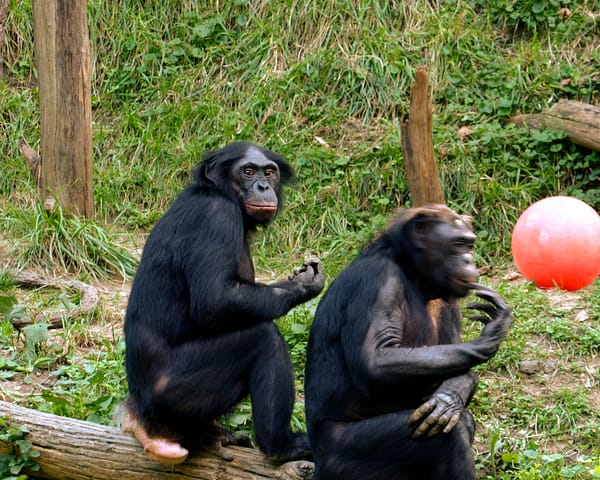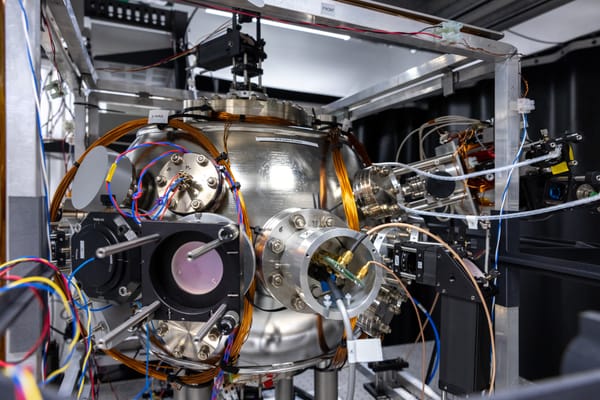
Behind Imperial's Names
What are the stories behind the scientists, statesmen and engineers Imperial is named for?
Contact: science.felix@imperial.ac.uk

What are the stories behind the scientists, statesmen and engineers Imperial is named for?

UK Government policy and our reality online in an age of AI.

A cow in Austria is challenging traditional notions of animal intelligence.

This Week in Science

A UK-wide collaborative hub for human gut and microbiome research.

Imperial study identifies patterns in same-sex sexual behaviour in primates.

Concrete is everywhere: from roads, to skyscrapers, to the foundations of the building you may be reading this in. It is the most used material in the world with 150 tons used every second worldwide – that’s about 14 trillion meters cubed per year! Concrete is a composite material, mostly

Funds urgently needed for Liverpool University student's brain cancer treatment

Study identifies viruses with zoonotic potential in healthy pangolins.

Global Positioning Systems (GPS) have become an essential part of modern lives for making travel convenient. Along with aiding navigation to unfamiliar places they also help understand real-time route diversions, delays, and congestion. However, this system is not fool-proof yet. Losing signal while walking into a subway, underground railway station,

After 15 years of research, a 10-minute injection transformed three-year-old Ollie’s life in ways once thought to be impossible.

A startup aims to make learning easier using AI.